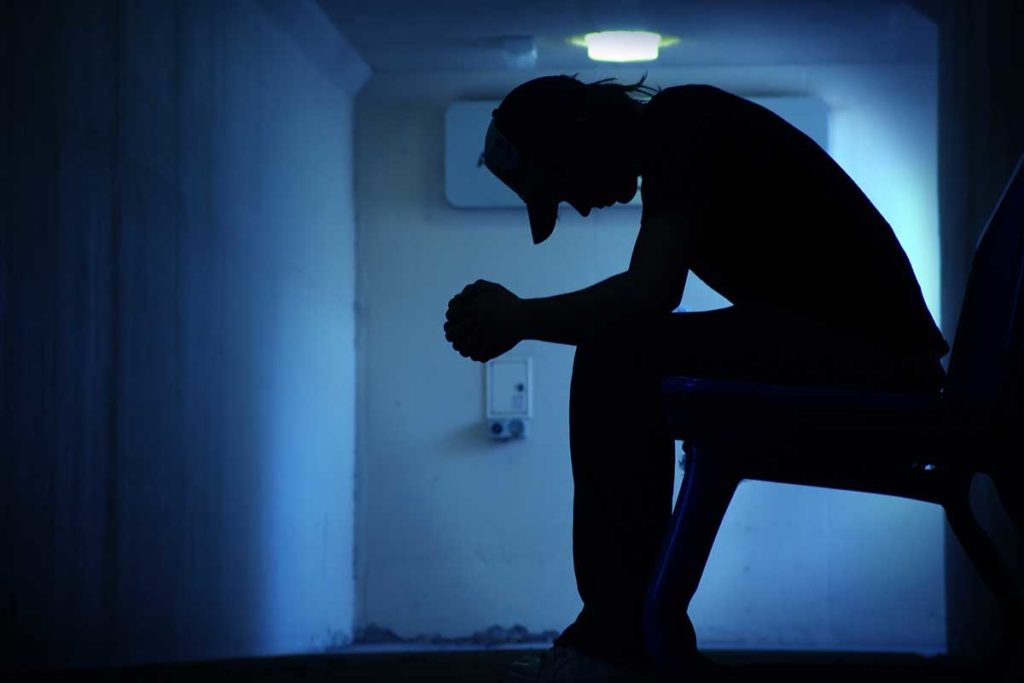Cocaine makes people feel functional while it impairs their ability to function. Many users like cocaine for its stimulant effects. Over time, the euphoric energy bursts provided by cocaine can become more necessary, leading to a chemical dependence. The pain-relieving qualities of cocaine can also cause users to become dependent on the substance.
The effects of cocaine abuse are far-reaching. There’s a detrimental link between cocaine and mental health that shouldn’t be overlooked. If you need professional help, call Liberty Bay Recovery at (855) 607-8758 to learn more about our cocaine rehab program. We’re here to help.
The Immediate Effects of Cocaine Abuse
There are many ways users take cocaine. Cocaine can be smoked, rubbed into the gums, snorted, or injected. No matter how it’s ingested, the effects of cocaine abuse are immediate.
It’s common for users to feel instantaneously awake, alert, and more confident. Unfortunately, this temporary feeling can just as easily lead to reckless and regrettable behavior.
The link between cocaine and mental health is a close and costly one. As that feeling of confidence wears away, it’s often replaced with a sense of:
- Paranoia
- Anxiety
- Violent tendencies
- A desire for risk-taking
These volatile emotions can wreak havoc on an individual’s decision-making abilities and overall mental health over time.
In addition to emotional fluctuations, cocaine abuse comes with some significant physical effects to consider. These include:
- Heightened body temperature
- Increased heart rate
- Dry mouth
- Dulled pain response
- Reduced appetite
Unless a user knows the exact strength of the cocaine they’ve ingested, it’s impossible to know how long the mental and physical effects of the drug will last. In some cases, responses last five minutes. In other scenarios, they can last up to several hours.
Depression and anxiety are two of the most common mental health issues linked to cocaine abuse. Those users who experience heightened anxiety are often trapped in extreme loops of paranoia during or after drug use paired with subsequent panic attacks.
A more severe mental health issue related to this type of drug abuse is cocaine psychosis. Individuals who suffer from this may experience symptoms from extremely aggressive behavior to hallucinations and delusions that can alter their perception of reality.
Long-Term Effects of Cocaine Use and Mental Health Concerns
The dual impact of a cocaine addiction paired with mental health disorders can be damaging on several levels. Cocaine is highly addictive, and over time, the inability to refrain from using can also enhance mental health hurdles.
The combination tends to leave a wake of destruction in its path. This may include criminal behavior as a person looks for new routes to afford their addiction and reduce symptoms of anxiety or depression. Those who go this route tend to experience severe financial problems over the long term.
Untreated mental health issues linked to cocaine use will inevitably affect a person’s relationships. It’s common to see these individuals experience severe falling outs with family, friends, and colleagues.
The Risk of an Overdose
The combination of cocaine addiction and a mental health issue can heighten the risk of an overdose occurring. Symptoms of an overdose can include:
- Muscle tremors
- Nausea
- Vomiting
- High temperature
- Fast heart rate
- Seizure
An overdose can potentially lead to a stroke if left untreated, often resulting in a coma or even death.
Start the Road to Recovery at Liberty Bay Recovery
If you or someone you love struggles with cocaine use or another substance use disorder, teaming up with professionals who understand and want to help can make a huge difference. Contact our team of dedicated mental health professionals at Liberty Bay Recovery today by phoning us at (855) 607-8758 or completing the online form.



